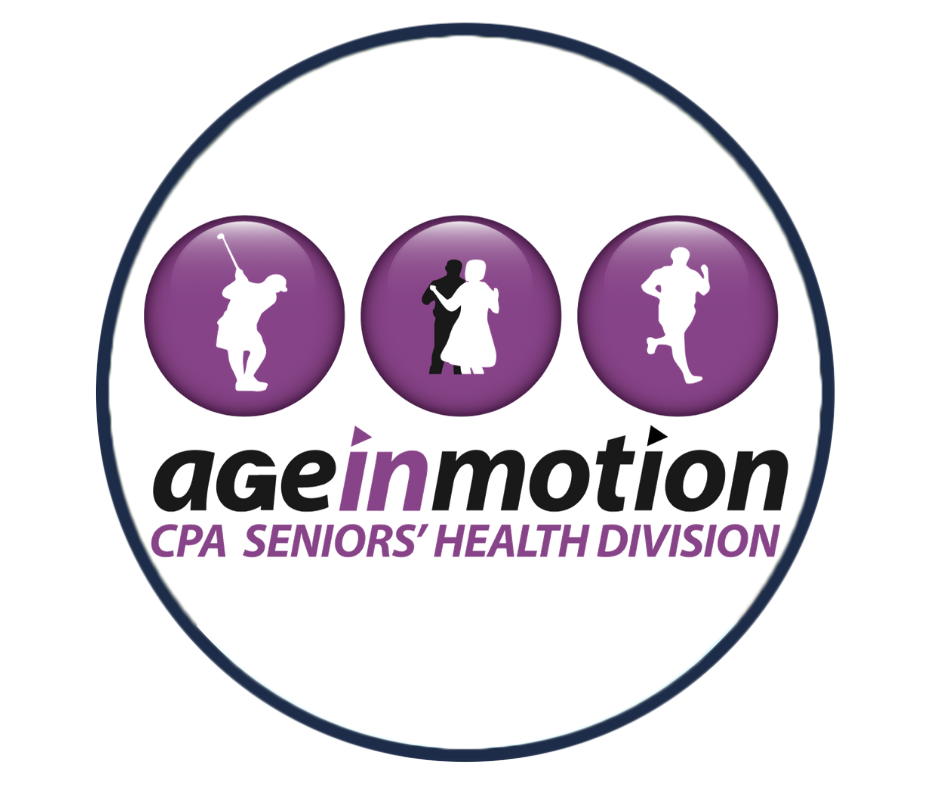Preclinical Mobility Limitations in Older Adults: Assessment & Delivery of Self-Management & Virtual Exercise Programs

Preclinical Mobility Limitations in Older Adults: Assessment & Delivery of Self-Management & Virtual Exercise Programs
1 hour
Overview
Preclinical mobility limitations (PCML) or Preclinical Disability, an identifiable period of early functional limitations, was first presented in the early 1990s. Individuals with PCML do not report difficulty with mobility tasks (e.g., climbing the stairs) but modify the how or how often they complete the task. The predictive nature of PCML for future functional decline has been well-established in the literature, however, it has received less attention for targeted preventative interventions (e.g., exercise). PCML is less salient for clients and clinicians, and therefore be easily missed unless attention is paid to probe further when asking about mobility task performance. Greater attention to this area may allow for clinicians to intervene earlier and prevent future decline. Many physiotherapists are now taking on roles in primary care settings such as Family Health Teams where they are responsible for large numbers of patients. An approach to monitor functional health of these populations is through the patient portal of the electronic medical record as a way to take a preventive approach to functional health.
Self-management strategies give individuals the knowledge, tools and skills to self-monitor and manage their own health. Self-management can help improve individuals’ self-efficacy and quality of life. Clinicians regularly provide education regarding managing chronic conditions, however, may struggle to implement more comprehensive self-management support. There are a paucity of programs to address self-management of mobility issues.
The onset of the coronavirus pandemic rapidly increased clinicians and researchers’ interest in options for remotely delivered care. However, the need for alternative options for in-person care existed well before the pandemic. Despite increased use, questions still exist as to how and when to optimally assess function virtually, implement remote care, and its effectiveness.
Speakers: Ashley Morgan and Julie Richardson
Ashley Morgan is a Registered Physiotherapist and PhD candidate in the School of Rehabilitation Science at McMaster University. Ashley’s research interests are focused on optimizing exercise prescription, particularly strength training, in aging populations to maximize benefits and adherence and prevent functional decline.
Julie Richardson is a Registered Physiotherapist and Professor Emeritus in the School of Rehabilitation Science at McMaster University. She is interested in interventions to promote mobility and lower-extremity functioning in older adults as well as risk factor assessment for mobility decline and functioning with aging and the health transitions that older persons undergo in the process of disablement. Julie is focused on identifying persons at risk for functional decline and rehabilitation interventions to maintain their health for those with chronic illness. She works with family physicians around the assessment of preclinical disability to teach seniors how to avoid falls and maintain their mobility. Julie’s recent work has involved clinical trials examining complex rehabilitation interventions in primary care.
The instructors

The Seniors’ Health Division (SHD) is a special interest group within the Canadian Physiotherapy Association. SHD is committed to providing members with services related to older adult health and physiotherapy practice.
It is comprised of physiotherapists from across Canada who work with older adults in a variety of practice settings, including acute geriatric care, geriatric rehabilitative and restorative units, long term care settings, community based and home care settings.
SHD is a member of The International Association of Physical Therapists working with Older Persons.
Vision of the Seniors' Health Division: Older Canadians are moving, moving more and moving better with the help of physiotherapists.
Mission of the Seniors' Health Division: To support our members in providing excellent physiotherapy care to optimize the independence and quality of life of older adults.
